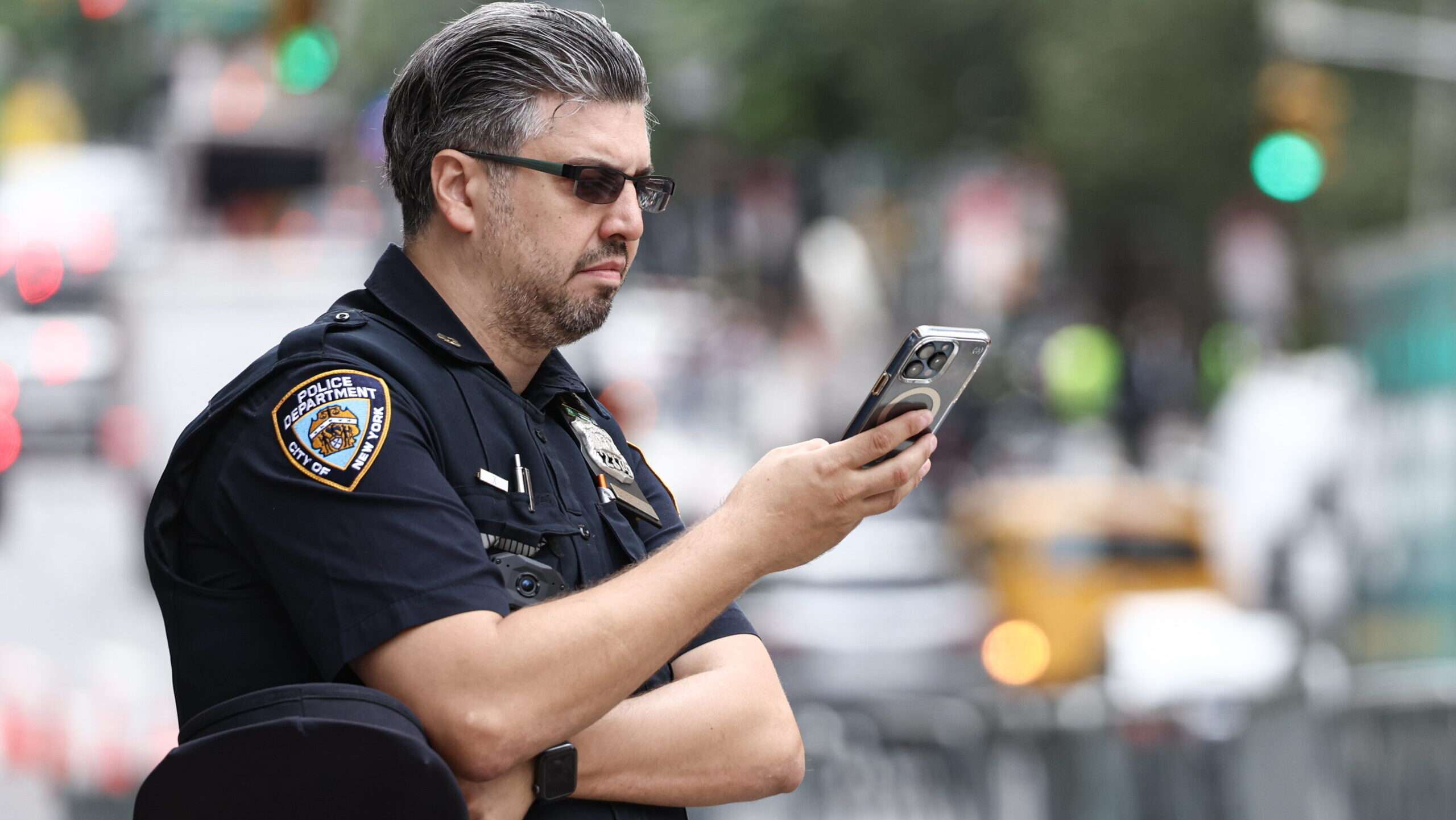Law Enforcement Seeks Access to Your Phone’s Password
The tension surrounding police authority and citizens’ rights, especially regarding technology like smartphones, has escalated as law enforcement gains increasing power. Officers today are equipped not only with firearms and tactical gear but also with extensive legal protections that can distort interactions with the public. One critical area of concern arises with the handling of smartphones, which contain vast amounts of personal data. The Supreme Court recognized the importance of these devices in 2014, ruling that police must adhere to the Fourth Amendment and obtain warrants before conducting searches. Nonetheless, the Fifth Amendment complicates matters further by safeguarding individuals from self-incrimination, including the requirement to disclose passwords. This principle has deep roots, dating back centuries, illustrating the longstanding belief that individuals should not be compelled to disclose information that could incriminate them.
Historically, the privilege against self-incrimination can be traced to the fourth-century teachings of St. John Chrysostom and further developed in English common law by the 17th century. A pivotal moment was the case of John Lilburne, who faced harsh punishment for refusing to testify against himself, signaling the significance of these protections. This principle influenced early American law, becoming an essential component of the Bill of Rights and state constitutions. Today, however, the advent of smartphones and digital data has created a toxic environment where police seem to exploit these tools, often ignoring established rights. Regardless of one’s innocence or perceived privacy, the belief that individuals might possess illegal content puts them at risk of unwarranted searches and seizures, raising pressing concerns about the protection of their rights.
Despite the Fourth Amendment’s warranty requirement, the dynamic shifts when police officers confront individuals unwilling to provide device access. Law enforcement might seize phones without the requisite permissions and conduct searches that exceed their authority, often retaining devices far longer than necessary. In instances where police fail to find concrete evidence, they often resort to coercive practices to elicit confessions, leveraging the vast array of laws and the extensive information stored on personal devices. This coercion can lead to wrongful guilty pleas, estimates suggesting that 2% to 8% of those who plead guilty may actually be innocent. Therefore, without appropriate checks, citizens are left vulnerable to a system that pressures them into compliance, treading dangerously close to wrongful accusations based on circumstantial evidence gleaned from personal data.
Significantly, complications arise when law enforcement cannot access a person’s phone password. In such cases, they may request court intervention to compel the individual to unlock their device. Alternatively, individuals could suggest employing a third-party auditor to oversee police searches, ensuring they stay within the limitations outlined by any obtained warrant. This measure could help protect against intrusive searches unrelated to a specific investigation. Despite this potential workaround, the current legal landscape regarding the Fifth Amendment and compelled testimony remains convoluted. Certain courts have rationalized the demand for passwords by arguing that the mere existence of a password does not contribute significantly to the government’s knowledge, misunderstanding the critical nature of the content hidden behind it.
The inconsistencies in judicial opinions create disparities in rights protection, particularly regarding biometric unlock methods, such as fingerprints or facial recognition. In some jurisdictions, police may compel individuals to unlock their phones using these biometric methods, reasoning that such actions do not reflect compelled testimony. This leads to an absurd situation where individuals relying on traditional password protection could experience more legal safeguards than those utilizing modern technology. What is needed is a legislative response establishing clear standards governing police access to digital devices, ensuring that specific and relevant evidence is demonstrated before compelled unlocking, and allowing owners to consult legal counsel beforehand.
As the legal framework struggles to adapt to rapidly evolving technology, Congress has a critical role to play in restoring balance in police-citizen relations. Establishing clear guidelines that require law enforcement to justify their access to personal data on smartphones would help maintain the foundational principles established under the Fourth and Fifth Amendments. By doing so, lawmakers can ensure that the rights of citizens are upheld, and due process is preserved, creating a framework that respects individual privacy while allowing law enforcement to pursue legitimate criminal investigations without overstepping boundaries. Restoring clarity and balance to these legal norms is imperative to avert the erosion of civil liberties in the face of expanding police powers and technological advancement.
Share this content:












Post Comment